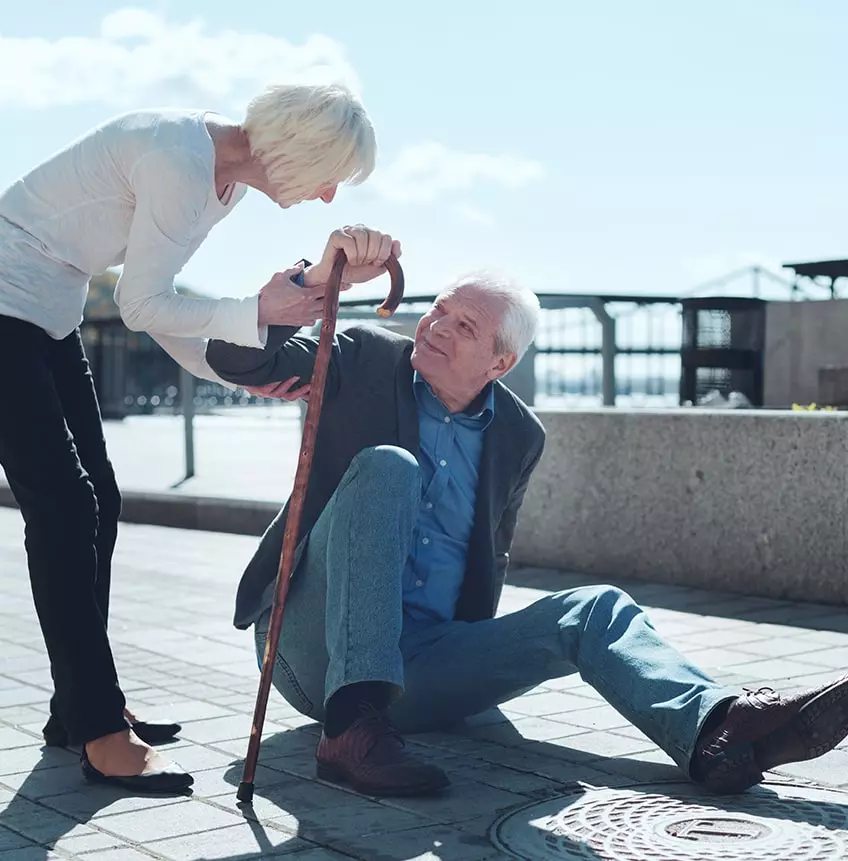
In the United Kingdom, discussions about ageing often fall back on a familiar storyline: decline, frailty, dependency and crisis. The language used in politics, the media, advertising and even public services continues to reinforce the idea that later life is a burden — socially, economically and culturally. These narratives matter, because the words we choose directly shape public attitudes, policymaking, and even how different generations view one another.
This article explores the negative representations of ageing, the impact of such narratives on social cohesion, and why reframing later life is essential to maintaining a fair and inclusive society.
The Dominant Narrative: Ageing as Crisis and Decline
Find YOUR ideal care home NOW!
Research into public discourse on ageing in the UK shows that older people are frequently described using terms such as “frail”, “vulnerable”, “dependent” and “burdensome”.
Commonly-used expressions include:
- The “ageing timebomb”
- A “crisis in social care”
- “Boomers vs millennials”
- “Burden on the NHS”
These expressions suggest that getting older is inherently problematic something the country must manage, rather than a natural and valuable stage of life.
Yet the reality is profoundly different. Many older adults:
- Support grandchildren and care for partners
- Volunteer in communities
- Provide essential emotional, cultural and local support networks
- Contribute to the workforce, both paid and unpaid
The rhetoric of decline often hides the true diversity and contribution of people later in life.
How Language Shapes Policy and Public Opinion
Words influence policy. When political leaders consistently describe the ageing population as a crisis, support systems tend to be framed as costs rather than investments.
This contributes to:
- Underfunding of essential services
- Stereotypes in professional care settings
- Growing intergenerational tension, falsely positioning older and younger people as competitors for resources
In reality, inequality exists within generations, not solely between them.
Concerned about how ageing is viewed — and how it affects care choices?
Negative language around ageing can influence how older adults are treated, supported and understood, sometimes leading families to delay asking for help or underestimate evolving care needs. When daily life becomes more difficult or support at home no longer feels sufficient, having access to respectful, person-centred care options matters. Senior Home Plus helps families explore care home solutions across the UK that focus on dignity, autonomy and individual needs.
Get guidance on respectful care optionsFree guidance • No obligation
Most Common Words Used in Public Discourse About Ageing
The following table illustrates key terms frequently associated with older age in public debate and media reporting. These words shape how society perceives ageing often in reductive ways.
| Commonly Used Word | What It Implies | Why It Can Be Harmful |
| Frail | Physical and emotional weakness | Overlooks resilience and individual capability |
| Burden | Economic strain on families and state | Encourages guilt and reduces perceived value |
| Dependent | Reliance on support and care | Ignores independence and contribution |
| Crisis | Ageing population as a social problem | Frames ageing as a threat instead of a life stage |
| Vulnerable | Increased susceptibility to harm | Generalises and homogenises diverse later-life experiences |
A New Way Forward: Ageing With Dignity and Equality
To strengthen the UK’s social fabric, we must adopt more:
- Inclusive language
- Accurate representations of later life
- Recognition of the contributions of older adults
This means:
- Addressing ageism in the media
- Encouraging cross-generational collaboration
- Ensuring age is protected in editorial and political discourse
Reframing ageing not only improves public attitudes it helps ensure equality and dignity across the entire life course.
FAQ (Optimised for Search)
What is ageism in the UK?
Ageism refers to negative stereotypes, discrimination and prejudice based on age. It affects how older people are spoken about, represented, and treated in public life.
How does language influence perceptions of ageing?
Language shapes how society understands ageing. Repeated negative terms create an expectation that later life equals decline, reducing respect and value.
Why does the media often portray ageing negatively?
Media narratives often focus on economic cost or dependency, which oversimplifies and ignores the positive contributions of older adults.
How can society change attitudes toward ageing?
By using inclusive language, highlighting diverse later-life experiences, and ensuring age is protected from discrimination in the media and policy-making.
Other articles that might interest you:
Which medical conditions qualify for PIP in 2025?
Can I be a paid carer for my parents in 2025?
Avoid common mistakes when claiming attendance allowance
Am I legally responsible for my elderly parents?
Is moving into a care home tax-deductible in the UK?
Need help finding a care home?
Senior Home Plus offers free personalized guidance to help you find a care facility that suits your health needs, budget, and preferred location in the UK.
Call us at 0203 608 0055 to get expert assistance today.
Search for Care Homes by Region in the UK
| East Midlands | Eastern | Isle of Man |
| London | North East | North West |
| Northern Ireland | Scotland | South East |
| South West | Wales | West Midlands |
| Yorkshire and the Humber |
You are looking for a care home or nursing home for your loved one ?
Share this article :
Latest posts
You are looking for an establishment for your loved one ?
Get availability & prices
Fill in this form and receive
all the essential information
We would like to inform you of the existence of the opposition list for telephone canvassing.









